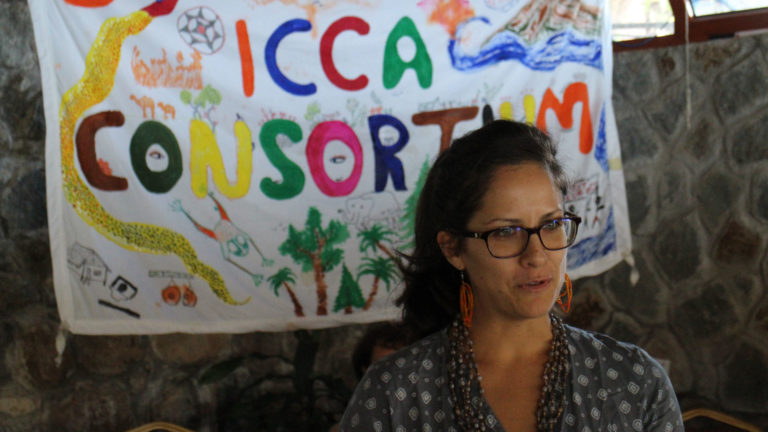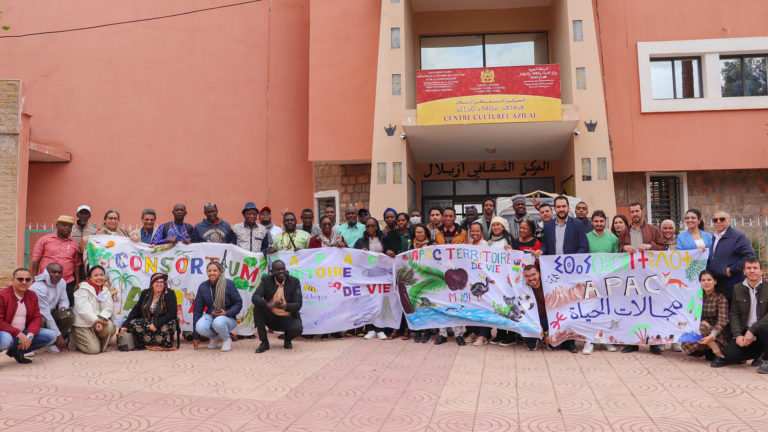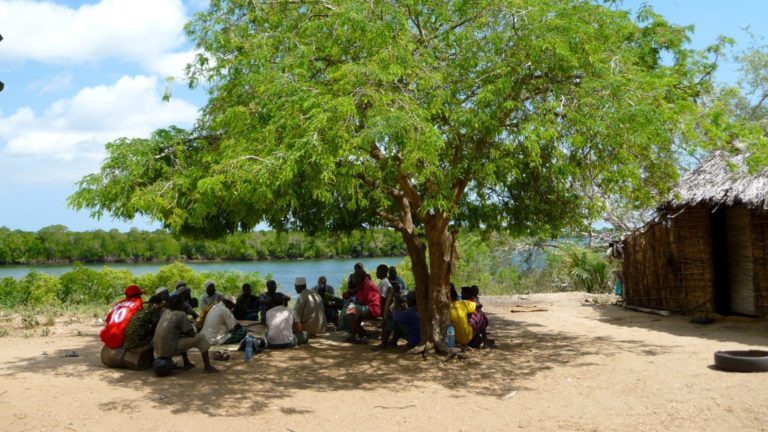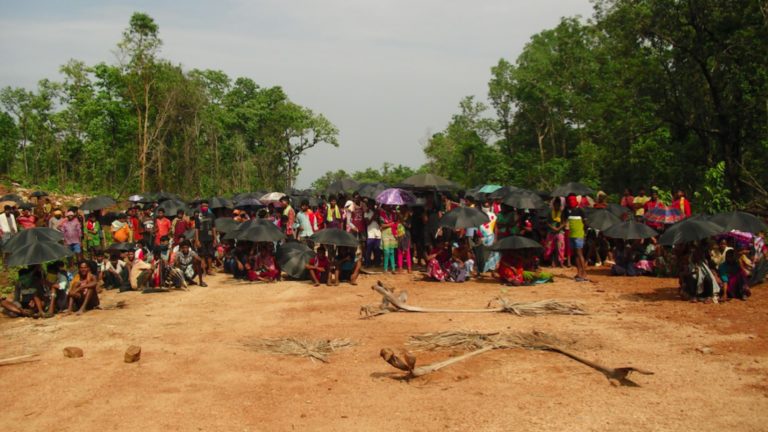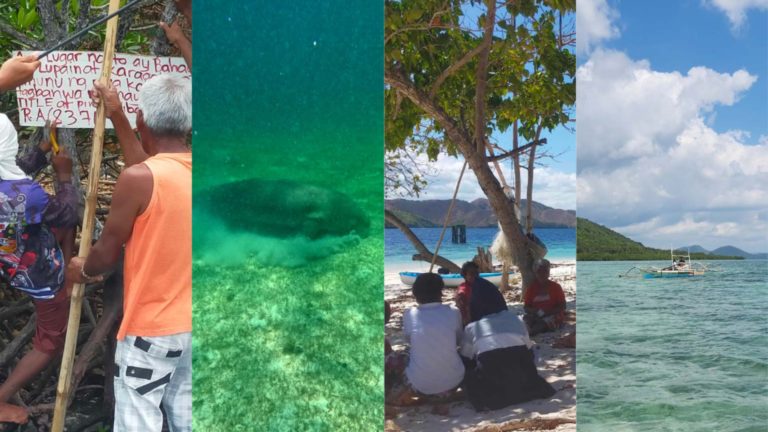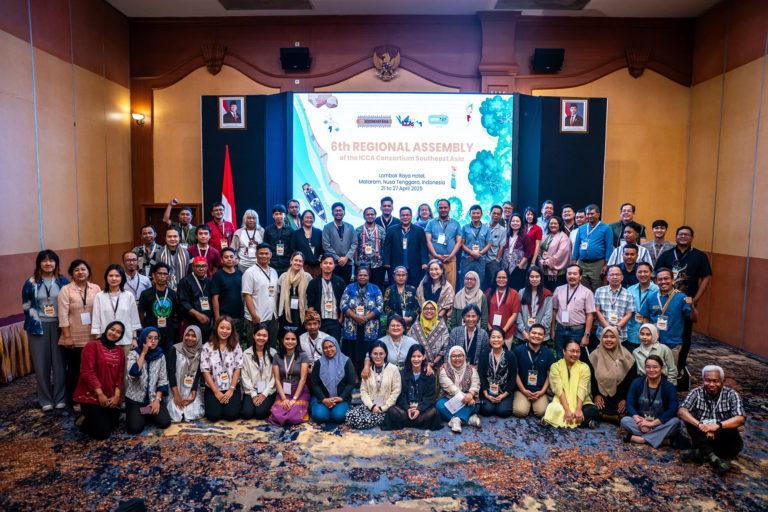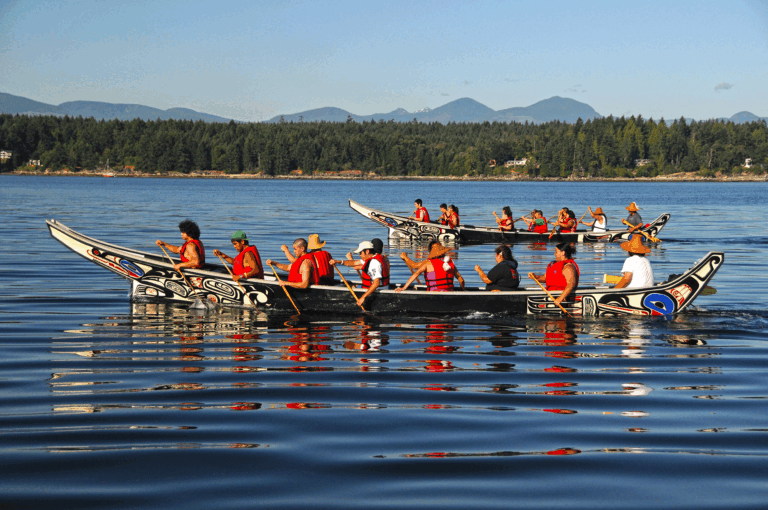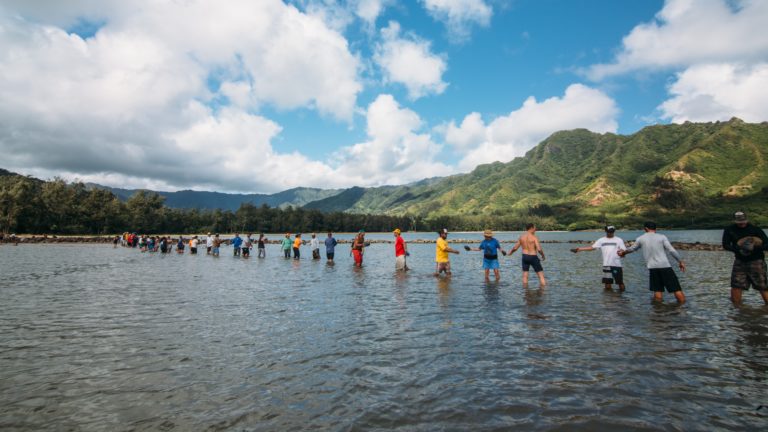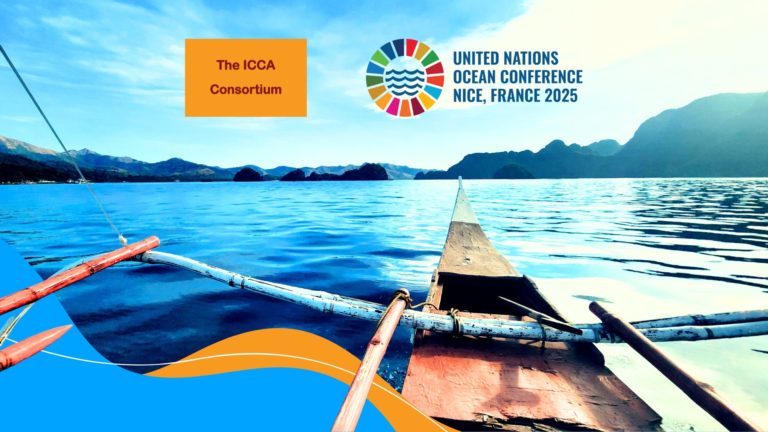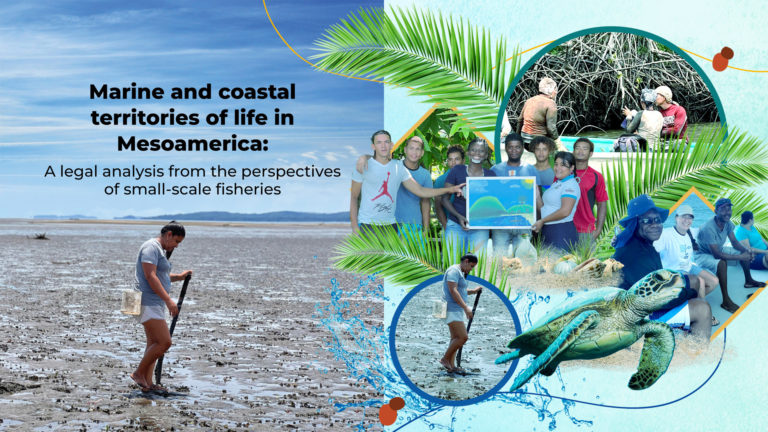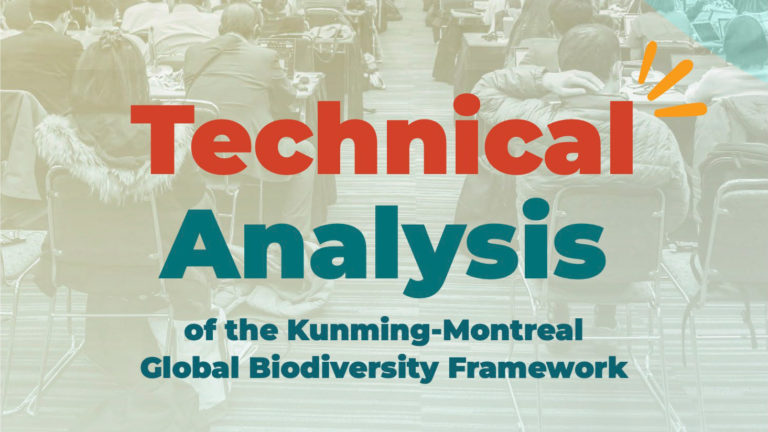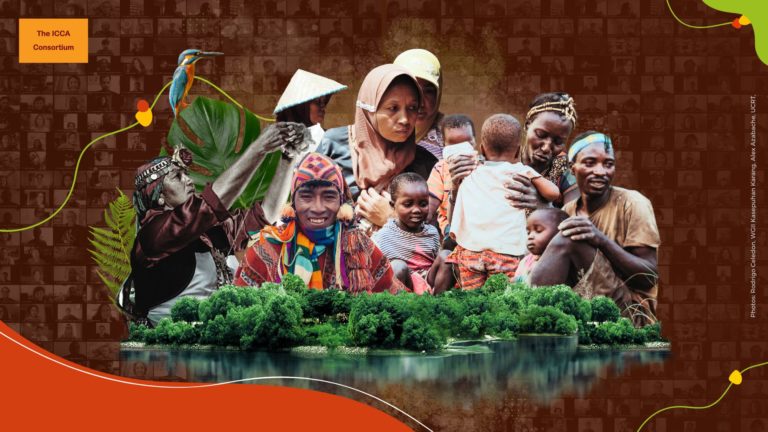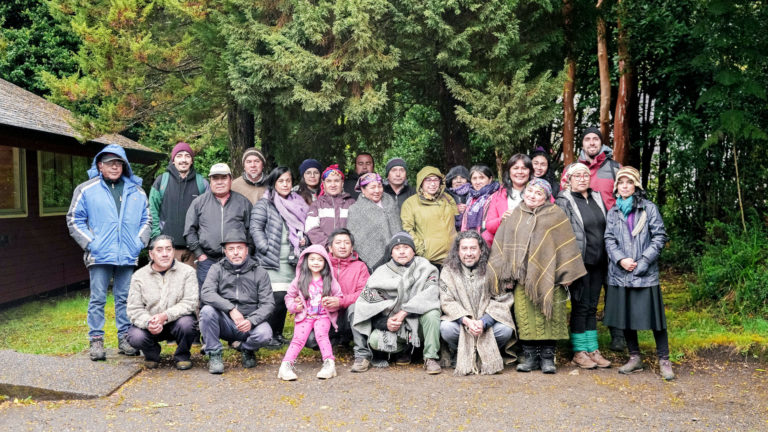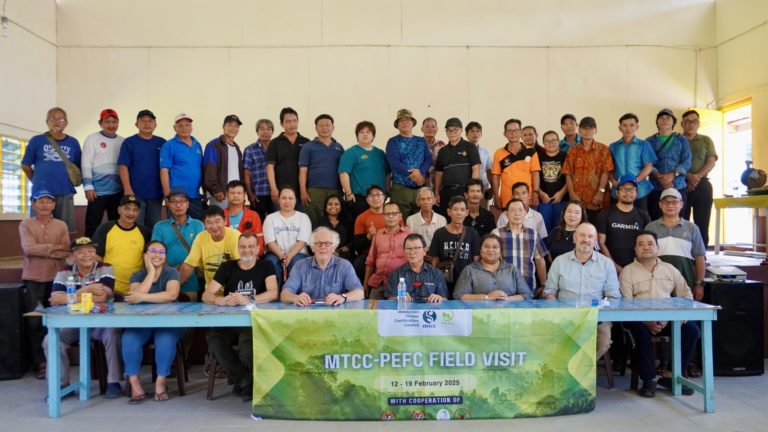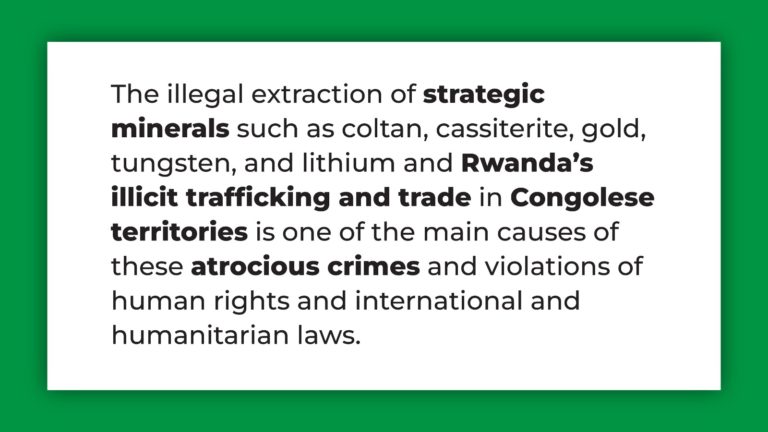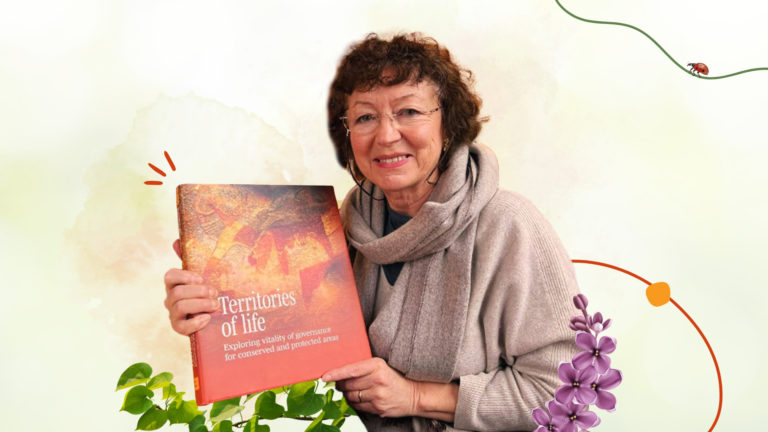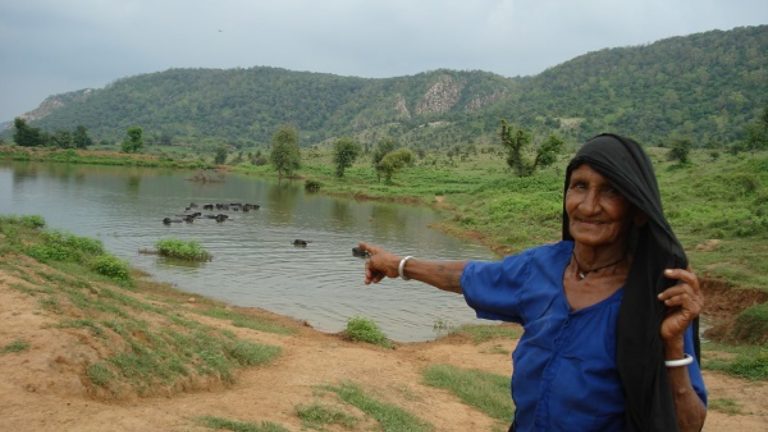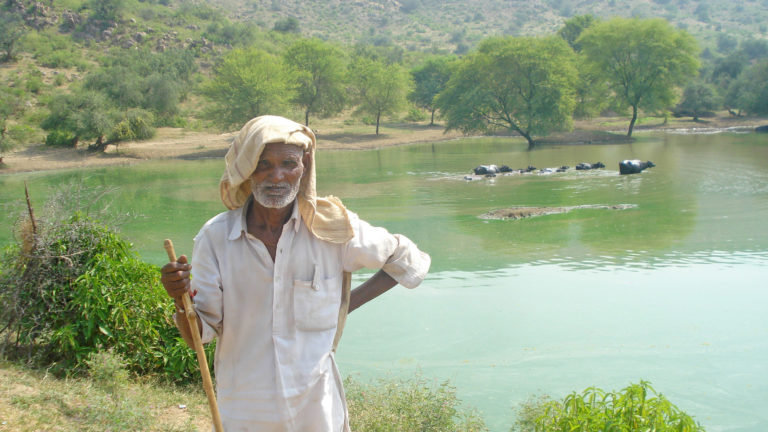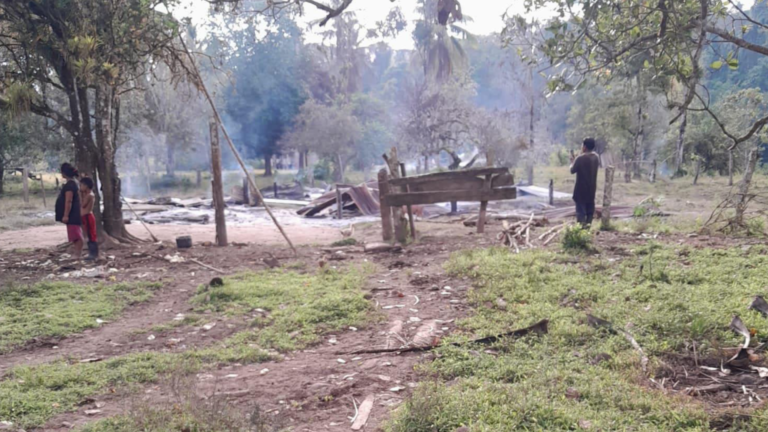Indigenous fishers in Pongso no Tao consider the presence of migratory whales and birds as a good sign to start their migratory fishing season
By Sutej Hugu, ICCA Consortium’s Regional Coordinator for East Asia and Adviser of the Tao Foundation (ICCA Consortium Member)
Photos by Syaman Misiva, Syaman Macinanao, and Syan Jayod
As spring sets on, Indigenous people on Pongso no Tao (Island of the people) prepare to start ‘rayon’ — the migratory flying fish harvest season.
This year, for the islanders in the Western Pacific Ocean’s Philippines sea, the opening ritual of the season, meyvanwa — came with good signs.
In days before the community gathered on the under the full moon on 27th February for meyvanwa, there were migratory humpback whales in the nearshore sea and taiga bean goose on the taro field.
While Indigenous peoples in Taiwan are making gradual progress towards self-determination and decolonization, continuing and revitalizing bio-cultural traditions like Meyvanwa fishing rituals are very important for the communities.
The vital ceremony is increasingly participated by a new generation of fishing community leaders.
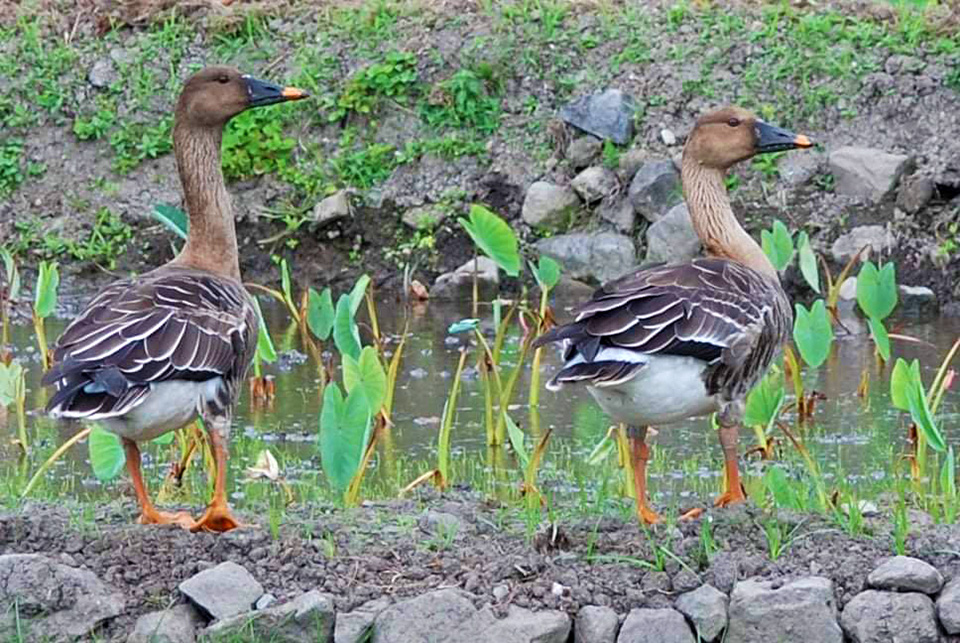
Taiga bean goose in the taro field, Yayo village, Pongso no Tao; where ICCA Consortium Member Tao Foundation is based. Photo © Syaman Misiva
The photos of Meyvanwa rituals at Jiraraley below are taken by Syaman Macinanao and Syan Jayod.
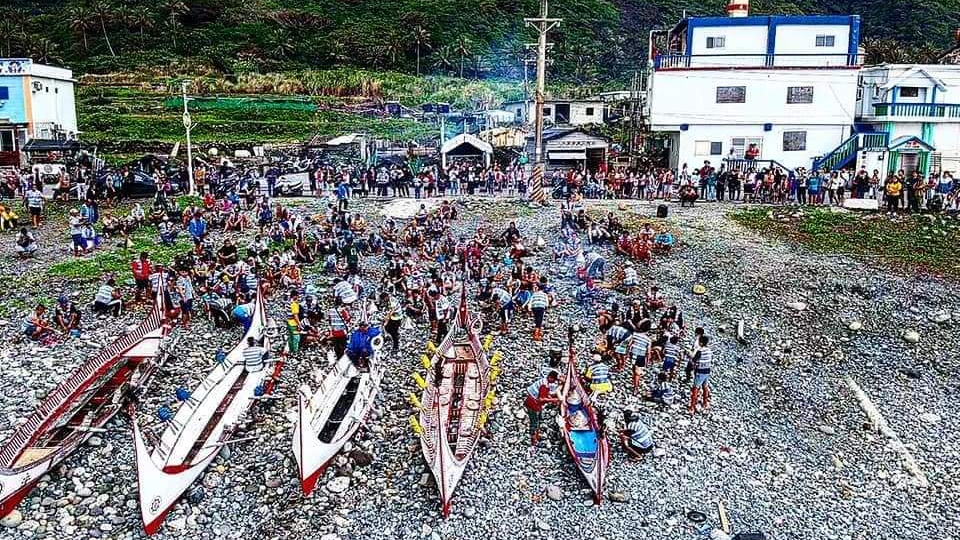
Cinerekran and tatala (traditional fishing boats) on the beach of Jiraraley.
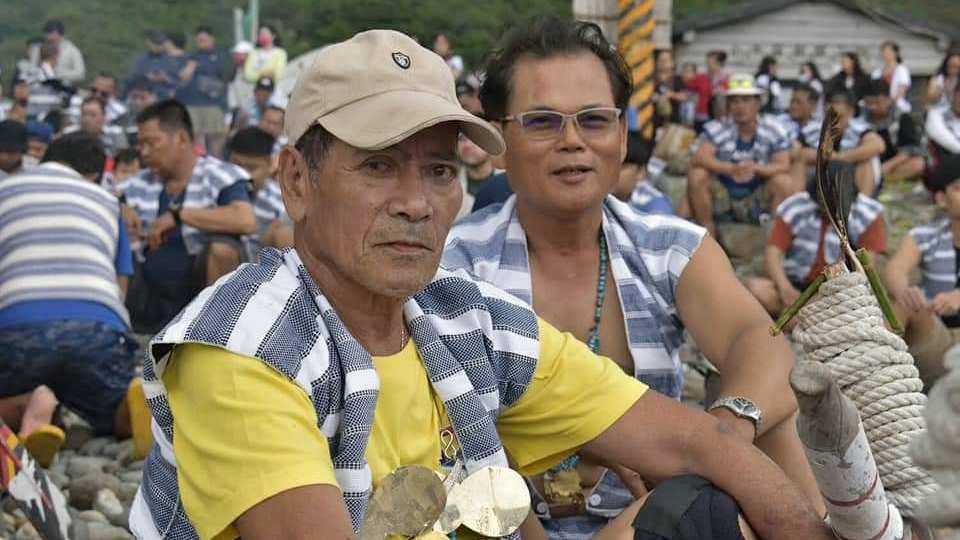
Two new fishing-group leaders: Syapen Vaknang and Syaman Macinanao.
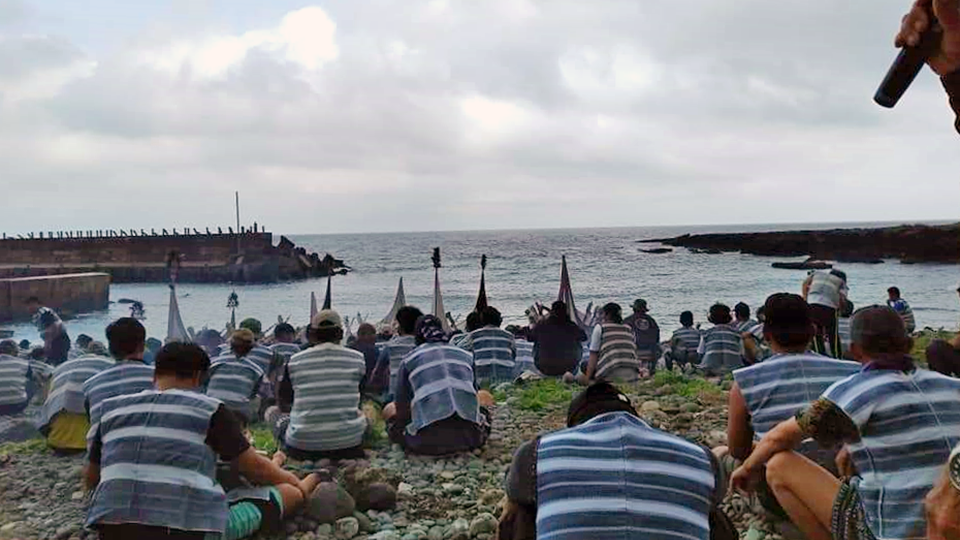
Members of all fishing groups waiting for the initiation of the ceremony on the beach.

Starting the ritual by the leaders of the fishing groups.
Featured image: Migratory humpback whales in the nearshore sea off Pongso no Tao. Photo © Syaman Misiva
